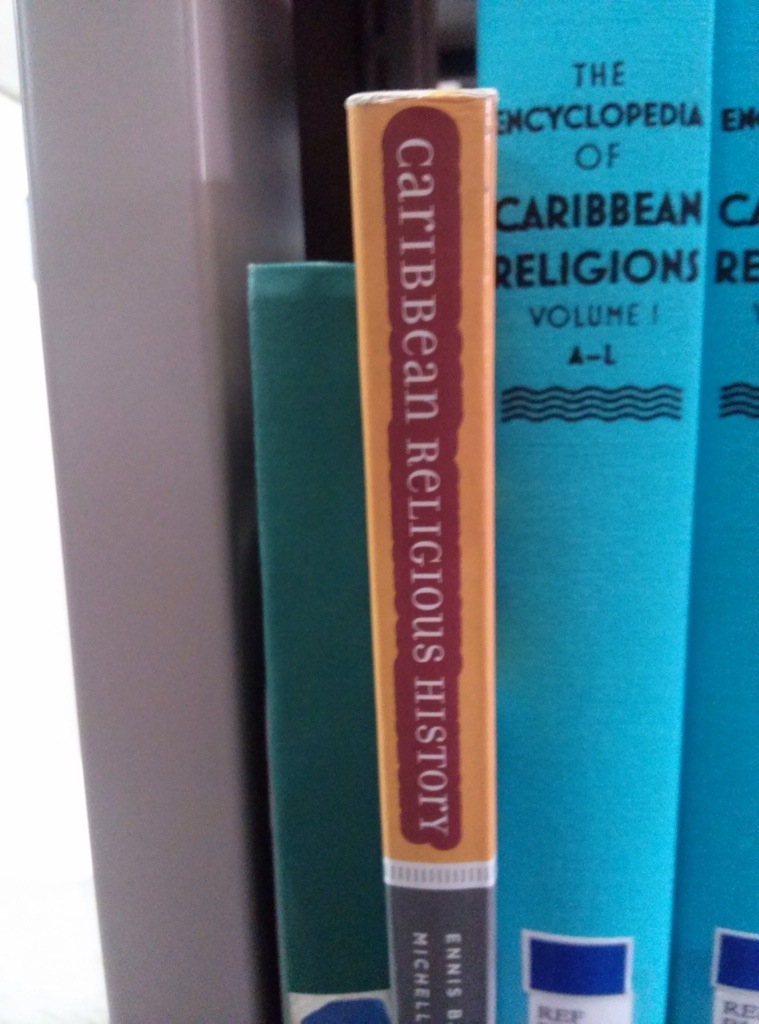Originally published July 21, 2014
Despite the photos I’m posting on Facebook and Twitter, this trip isn’t all, or even 10%, about the beach. It’s not a vacation; it’s a short-term academic STUDY abroad program. At the end of these three weeks, I have to turn in a research paper, for a grade.
The academic side of this “academcation” (the group has also used “studycation,” but I don’t really it. Maybe “vacacademe?”) has been somewhat challenging because … Well, let me skip to what I recorded on July 14th:
Today, I finally had one of those moments where things go from being “interesting and I’m doing this just because it’s interesting, and it’s not really my thing, but I’m interested enough to pay attention and be respectful,” to “I want to grab onto this subject and not let go!”
I decided to narrow my paper topic down. I’m looking at women in the Orisa religion, and I really want to examine the Orisa religion as form of resistance. I came across a book today that referenced another book saying there was a failure of the Black Power Movement in Trinidad because it did not speak to the spirituality of African people. That quote was from a woman who, after the BPM’s failure, initiated into the Orisa religion. I’m wondering: Was her experience that of a lot of women in the BPM in Trinidad? Was the BPM here as masculinist or sexist as it was in the U.S.? Did the BPM’s failures and possibly its sexism move women to join religions that made them feel more empowered? How did and how do women continue to use this religion as a way of resisting colonialism and/or colonialism’s persistent ideologies?
Before this point, I hadn’t been that enthused about what I was learning. As I described previously, I was interested enough to pay attention, but I wasn’t excited. I had actually been thinking of abandoning any type of world or comparative studies and focusing my future academic work on U.S. history and the history of U.S.-born blacks because just in my short time on this trip, I’ve realized there is something about knowing the history of where you are, of being rooted, of having that connection to people and place. I expected to feel, as poet Marilyn Nelson has on her pilgrimages to Mauritius and Brazil, an “affinity with those whose ancestors were bought.” Sitting in class and learning about all the many peoples—enslaved Africans, liberated Africans, East Indians, Chinese, Syrian, European—who came to populate Trinidad, I was interested because it’s a fascinating history, but I wasn’t connected.
I feel connected to this. I love Jesus, but it is a struggle to be in love with Christianity and with the church as an institution when I know Christianity has long been used as a cover for spreading European imperialism and white supremacy. I think that getting to know other women who have faced the same contradictions and made the choice to abandon or renounce the faith I remain in will help to understand my own choices better.


Recent Comments